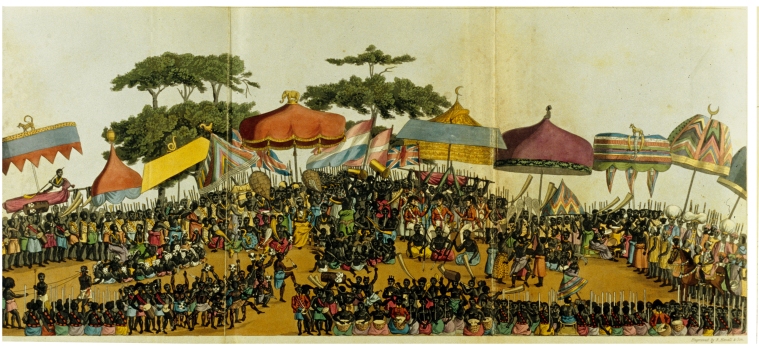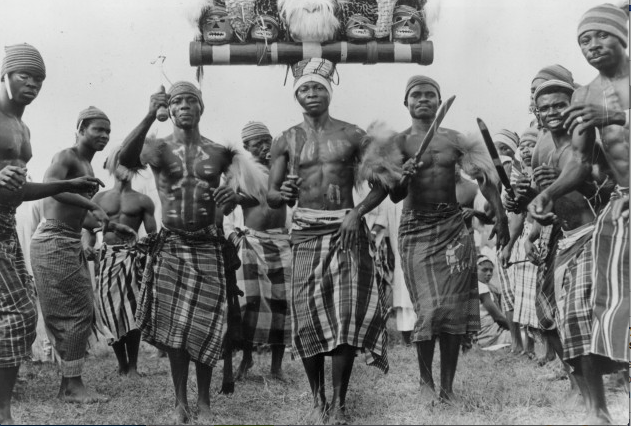“His three wives”, “The New Yam Feast” and “drinking palm-wine from human heads”.
From my point of view: a young woman born and raised in Norway with iPhones, iPads, iPods and iDontknowwhatelse, there are a lot of the cultural characteristics from Africa in the 1950´s that seems strange to me.
First of all, the fact that most of the men I read about in the novel Things Fall Apart have several wives is unnatural to me. Every time I read “his third wife (…)” or “all of his wives (…)”, I feel uncomfortable. This is because of my cultural point of view (mixed with just a little bit of ethnocentrism). From someone else´s point of view this may not be one of the things they stumble over. In some cultures it it usual for men to have more than one wife. They may however stumble over something else.
For example The New Yam Feast is something I had never heard of
before, I have to admit I didn´t even know what a yam was… In case you are as lost as me, this is a yam –>
It is really just a root vegetable. After doing some research I have learned that this festival symbolizes the conclusion of a harvest and the beginning of the next work cycle. The festival is practiced throughout west-Africa and other African countries today! Here is another bizarre ritual I stumbled over in the beginning of the novel:
“In Umuofia´s latest war he was the first to bring home a human head. This was his fifth head; and he was not an old man yet. On great occasions such as the funeral of a village celebrity he drank his palm-wine from his first human head.”
This extract is about Okonkwo. It is supposed to illustrate that Okonkwo is a man of action, a man of war. It is hard to understand that this history is something that makes the people in the village look up to him, when to me it is absurd and really quite frightening.
Things Fall Apart is as well as very interesting and amusing, quite challenging. The cultural differences between me and the people I read about are immense and while I find it fascinating to learn about new cultures, it could also cause complications. For example I lose respect for the main character Okonkwo when I read about him beating his wives, but in the novel it is describes as “manly” to control your women. It has taught me to start letting go of my ethnocentrism even though there still are things I find troubling to accept. Do you think ethnocentrism can lead to me as a reader misunderstanding the purpose of the text? Would it be easier for me to read this novel if I bought into the concept of cultural relativism? Or is it okay for me to have my prejudices about for example beating women?











![Cultural Iceberg opengecko_thumb[7] The iceberg-model](https://dina123site.files.wordpress.com/2016/03/cultural-iceberg-opengecko_thumb7.jpg?w=500&resize=500%2C617&h=617#038;h=617)

